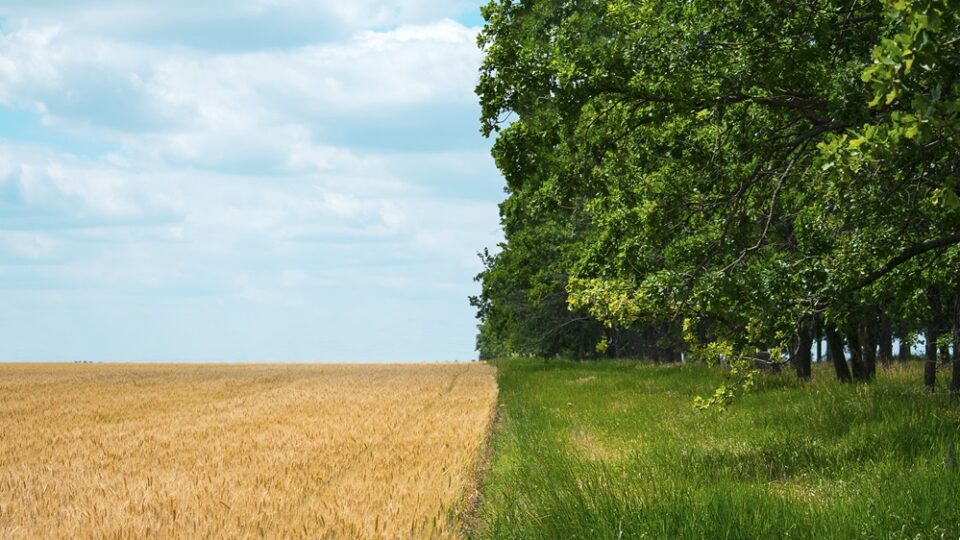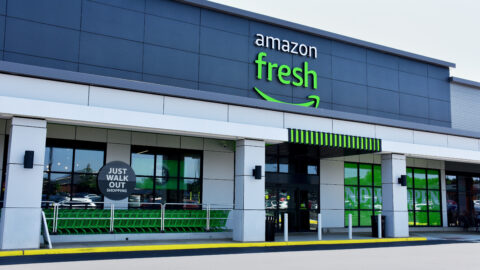Whole Foods Market, in partnership with Mad Agriculture, has pledged $500,000 in matching funds, designed to catalyze $1 million in collective investment, to support a national initiative aimed at reconstructing native ecosystems across American farmland. Beginning in Lowery Creek Watershed in Wisconsin, these connected climate-resilient habitats — linking farms, watersheds and wild areas in a biodiversity highway — will help improve soil and water health and strengthen the food system’s long-term resilience.
With the goal of creating a 1,000-acre biodiversity highway, the initiative will encourage co-investment in ecosystem reconstructions that will serve as examples for regenerative agriculture and collaborative supply chain transformation. Companies that have committed to the program as founding members include Applegate, Bob’s Red Mill, The Campbell’s Company, New Belgium Brewing and Yogi Tea.
“Teaming up with Mad Agriculture represents a meaningful step forward in our commitment to improving ecosystem health and fostering climate resilience,” said Jason Buechel, CEO of Whole Foods Market in a statement. “This initiative is about rethinking how we care for the land and support the people who grow our food.”
The program will include cultivating perennial crops, which stay in the ground over years, improving soil health by reducing or eliminating the need for tillage. These ecosystems are essential for filtering water, storing carbon, managing pests, reducing erosion and keeping farmland productive over time.
“The biodiversity highway is a blueprint for the next era of American infrastructure,” said Omar de Kok-Mercado, Director of Wilding at Mad Agriculture in a statement. “Not just pipes and roads but living systems that restore function to land. It operationalizes perennial agriculture at scale, connecting ecological health to economic resilience.”
Whole Foods has long supported sustainability initiatives, and the results can be seen in the retailer’s 2024 Impact Report. In December 2023 Whole Foods introduced a “pollinator policy” for produce and floral purchasing, seeking to protect honeybees and other biodiversity markers, and in July 2024 Whole Foods expanded its waste reduction efforts via a partnership with surplus foods marketplace Too Good to Go.
Walmart, the biggest rival to Whole Foods’ parent company Amazon, also supports regenerative agriculture via a partnership with Cropin. Additionally, Starbucks announced plans to develop a sustainability and innovation lab in Costa Rica in June 2023.













